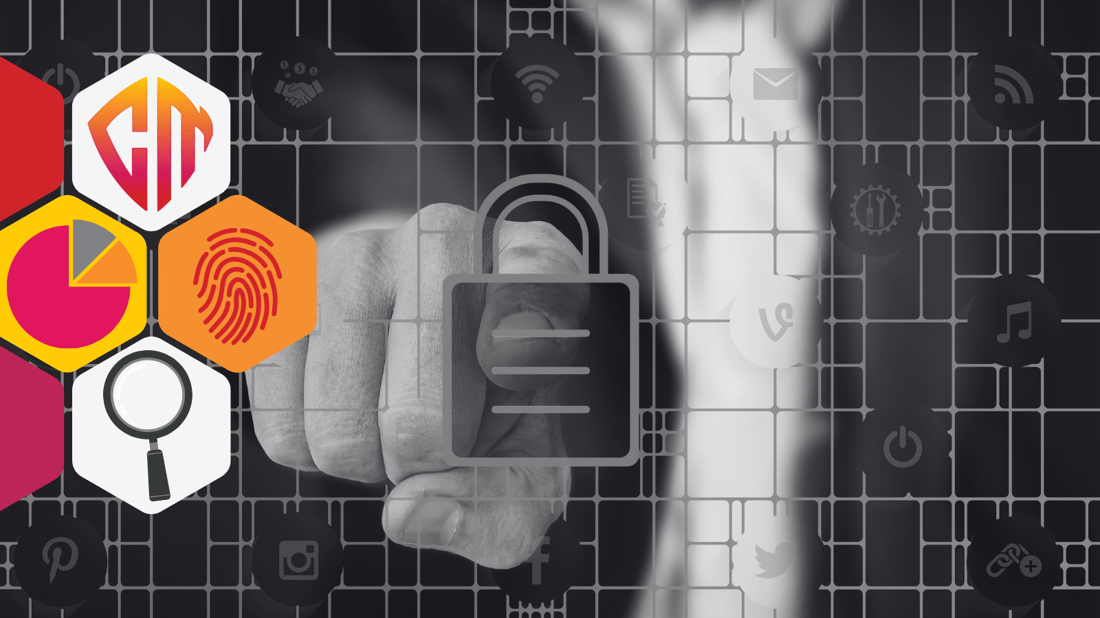Beware! The Job Seeker’s Nemesis: Recruitment Scams Unveiled
In today's bustling job market, the rise of recruitment scams has become an alarming trend, preying upon the hopes and aspirations of job seekers....
Cybercriminals, however, don’t really care about what you are going through and are after you anyway (heartless bastards, aye). Here are some important things to keep in mind, so you keep the lemon juice of fraud and cons out of that fresh wound. Staying cyber-safe when looking for a new job is critical right now, as cybercrime has spiked during the COVID-19 crisis, and 36+ Million people in the US alone are out of work.
When scrolling the job boards, keep in mind that cybercriminals and fraudsters can post there too. Sometimes they want you to ‘apply’ for a job, they are actually trying to steal your personal information, credit card details, accounts, passwords, or more.
Some job scams want you to pay upfront for training, which they will, of course, reimburse you for on your first paycheck. Which you never get.
Others will ask you to purchase equipment or software for you to do your work, which is also a scam.

And a word to the wise, anything anything anything dealing with gift cards? Scam. Cybercriminals love gift cards because that’s digital cash that’s pretty much untraceable and most retailers offering gift cards offer no recompense once you hand them over to someone else.

Now is a great time to not spread your s*** all over the internet, my friends. PII means personally identifiable information- your full name, your email, your phone, your social security number, your address, and more.
Before you start whacking around your resume or CV to every job site and uploading it to god knows where do yourself a favor and strip as much of that info out as you can. Nowadays, you can have your name and a link to your LinkedIn profile at the top of the resume. If you move forward in the interview process, you can enter only the super-needed PII at the time- but in this day and age, better to keep it on the DL till you get a serious offer.
One of our cyber security tips to stay one step ahead of pesky malicious hackers is to freeze the credit of everyone in your household. It’s easy, all the credit reporting agencies will do it for you for free if you ask. How does this help? Well, it can stop identity theft and criminals harvesting your PII to then open up lines of credit in your name. If you think recovering from a job loss is tough, try doing that while fighting to get your identity back. The average time for US citizens to recover a stolen identity? 3 years. That would be 2023 before you’d be in the clear.


Consider setting up a new email account for your job-seeking endeavors. It’s easy to do so, and you can consider using an encrypted account to further protect your information and communications with potential employers.
Separating accounts and ensuring the passwords on them are UNIQUE and STRONG is an easy free great way to reduce your pain threshold should one of our accounts get breached. It happens more often than you think.
For super important email accounts- take it to the next level by turning on two-factor authentication (the code thingy they send to your phone for example).
Companies should NOT be asking for access to your devices to ‘make sure they are OK for remote work’. Scary enough, we’ve heard of some name-brand companies doing this, which is alllll kinds of wrong. Even if you protest, “I don’t think you should be doing that” they will probably come back with ‘oh we won’t put anything ON your computer or something to that effect. But the bottom line is that you should not be giving ‘IT Support’ at any company access to your personal computer unless you are already employed and the company is legitimate.
For more information about remote working safely during COVID-19, check out our free learning content resources here.

We hope these cyber security tips for job seekers helped you understand what’s going on right now and what to be aware of.
One last thing to keep in mind is that in many situations, the bad hackers are using your emotions against you, sort of like the dark side harnessing the force. These scams would probably not work on a normal day where everything was great and you were caffeinated and on your game. But during a global crisis, where people are in pain, at a loss, stressed out, under-slept, worrying about loved ones, worried about making the next payments for rent, food, car payments, or gas… our security postures or our risk radars are way off. We want that job offer to be real. We desperately need that interview to go well. 50 bucks to do training upfront for a job that will pay out 500 seems like not such a big risk. These cybercriminals operate globally, and virtually, and they are good at what they do. So take care when hunting for your new job and keep your cyber-spidey senses up at all times.
Stay safe & stay smart & stay strong.
We’re putting out tons of tips and advice for those out of work to hone digital skills and take care of their PII during this crisis. Follow us for the latest information on cyber safety, with a twist.

In today's bustling job market, the rise of recruitment scams has become an alarming trend, preying upon the hopes and aspirations of job seekers....
3 min read

This is a quick deep dive into one of the NCSC cyber security culture principles, designed to help you understand what it actually means in plain...
4 min read

Cybersecurity doesn’t clock out at 5 p.m. In today’s connected world, your employees’ personal lives have a direct and growing impact on your...
7 min read
Subscribe to our newsletters for the latest news and insights.
Stay updated with best practices to enhance your workforce.
Get the latest on strategic risk for Executives and Managers.
